#19th-century English literature
Text
Lord Byron's first edition copy of Frankenstein (1818), one of only two known surviving copies to be personally inscribed by Mary Shelley (the other is to her friend Mrs. Thomas). Byron took this copy with him when he went into the Greek War of Independence, and it was among his personal things when he died there in 1824:
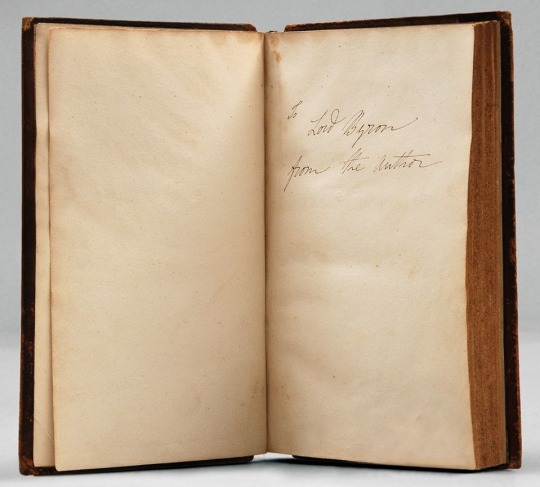
Mary didn't disclose her name in the inscription because the novel was published anonymously and she initially wanted to keep it that way. However, Byron did reveal her identity in a letter to his publisher, correcting his assumption that Percy was the one who wrote the novel:
"The story of the agreement to write the Ghost-books is true — but the ladies are not Sisters — one is Godwin’s daughter by Mary Wolstonecraft — and the other the present Mrs. Godwin’s daughter by a former husband. Mary Godwin (now Mrs. Shelley) wrote 'Frankenstein' — which you have reviewed thinking it Shelley’s — methinks it is a wonderful work for a Girl of nineteen — not nineteen indeed — at that time."
Under Mary Shelley's consultation, Thomas Moore writes in his Life of Lord Byron (vol III):
"During a week of rain at this time, having amused themselves with reading German ghost-stories, they agreed, at last, to write something in imitation of them. 'You and I,' said Lord Byron to Mrs. Shelley, 'will publish ours together.'"
Percy, writing as Mary with her permission, mentions Byron and himself (in the third-person) in the novel's 1818 preface thus:
"Two other friends (a tale from the pen of one of whom would be far more acceptable to the public than any thing I can ever hope to produce) and myself agreed to write each a story, founded on some supernatural occurrence.
The weather, however, suddenly became serene; and my two friends left me on a journey among the Alps, and lost, in the magnificent scenes which they present, all memory of their ghostly visions. The following tale is the only one which has been completed."
#mary shelley#frankenstein#percy shelley#percy bysshe shelley#lord byron#byron#shelley#the shelleys#literature#english literature#romanticism#novels#books#authors#writers#19th century#gothic literature#gothic#the geneva squad#lake geneva 1816#geneva squad#dreams of 1816
589 notes
·
View notes
Text
TAG YOURSELF AS A MEMBER OF THE GENEVA SQUAD!
Parts of it are very cringe but parts of it - well, still cringe, but worth sharing I think
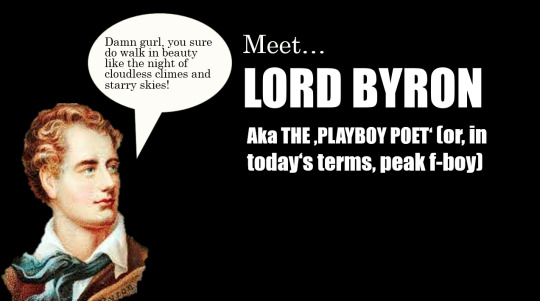
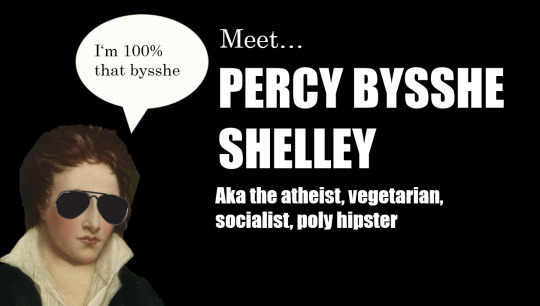
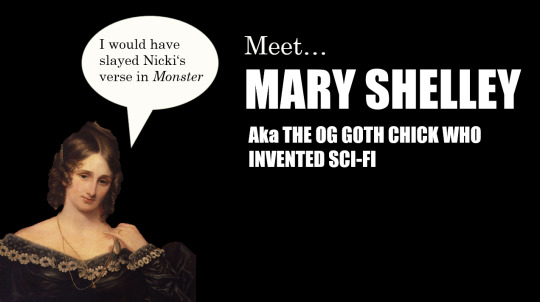
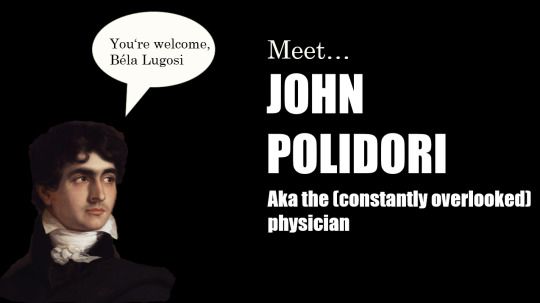
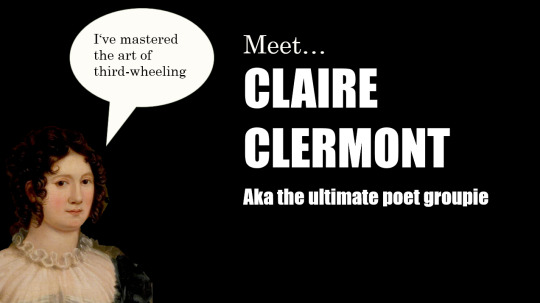
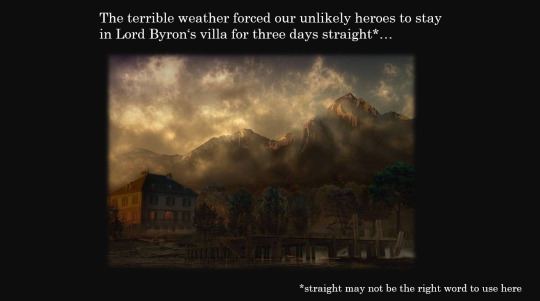
#english lit#english literature#english lit memes#literature memes#1800s#19th century#geneva squad#lord byron#mary shelley#percy bysshe shelley#john polidori#claire clairmont#tag yourself#tag yourself meme#do kids still do those?#Claire is a lot but also like my spirit animal#literature#frankenstein
279 notes
·
View notes
Text
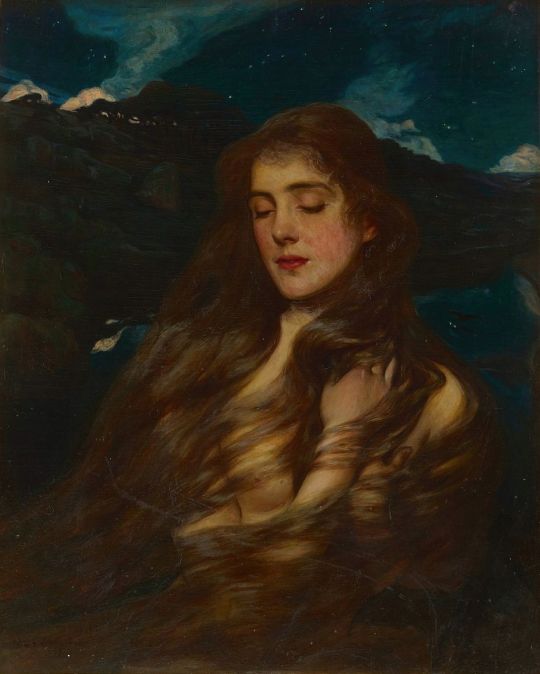
The Coming of Night,
by Wilfrid Gabriel de Glehn (English, 1870 – 1951),
1897
#dark academia#light academia#classical#academia aesthetic#escapism#academia#books and libraries#classic literature#books#architecture#art#painting#artist#painter#Wilfrid Gabriel de Glehn#English#1800s#late 1800s#19th century#late 19th century#royal core#cottage core#aesthetics#victorian era#academic#artistic#mood#vibe#tumblr
535 notes
·
View notes
Text
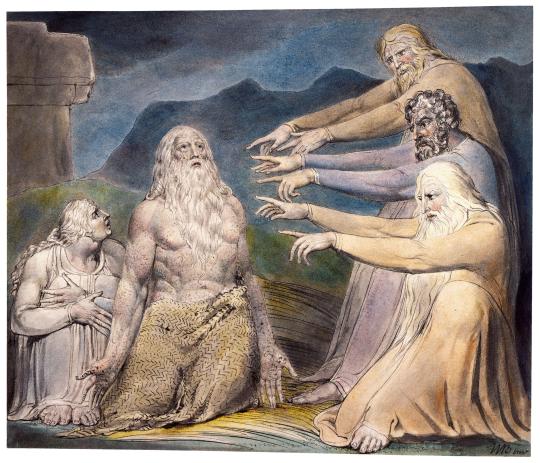
Job Rebuked by His Friends, William Blake, 1805
#art#art history#William Blake#religious art#Biblical art#Christian art#Christianity#Old Testament#Hebrew Bible#Book of Job#wisdom literature#Romanticism#Romantic art#English Romanticism#British art#English art#19th century art#pen and ink#watercolor#Morgan Library and Museum
850 notes
·
View notes
Text
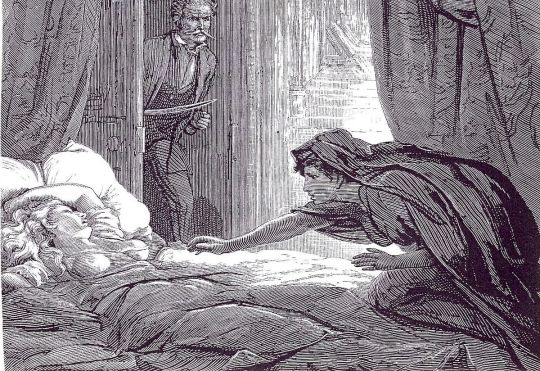
#novella#novellas#carmilla#sheridan le fanu#19th century literature#english language literature#irish literature#have you read this short fiction?#book polls#completed polls
192 notes
·
View notes
Text
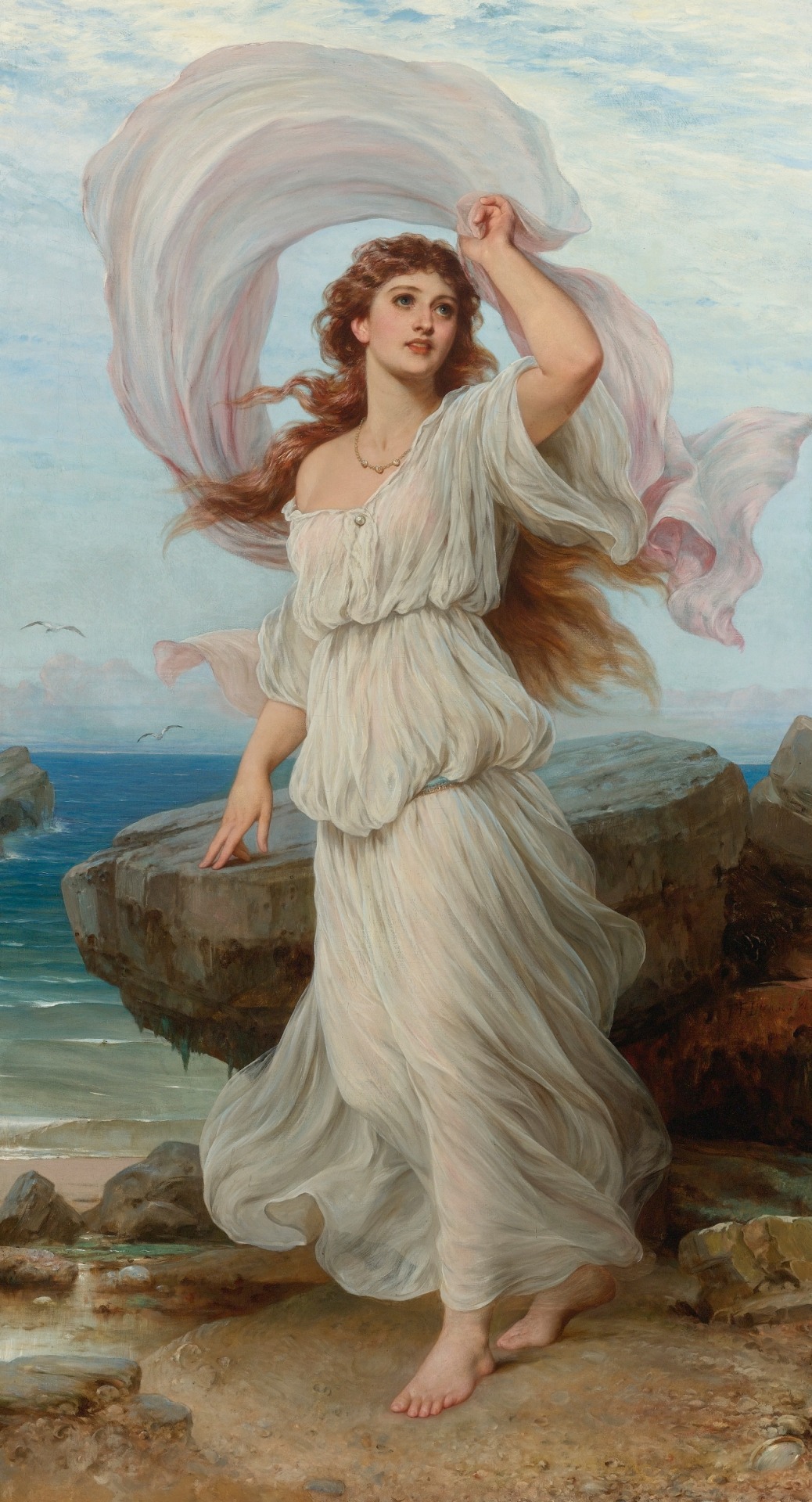
Miranda, c. 1895
Thomas Francis Dicksee
#Miranda#Thomas Francis Dicksee#art#art history#english art#1800s#19th century#1890s#oil on canvas#sotheby's#genre art#romanticism#literature#shakespeare#the tempest
2K notes
·
View notes
Text
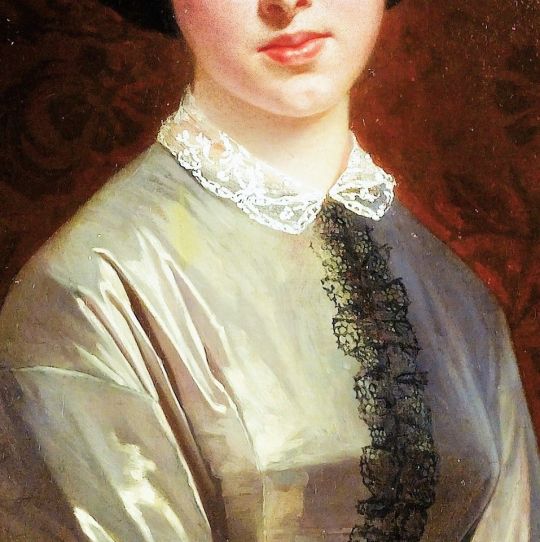
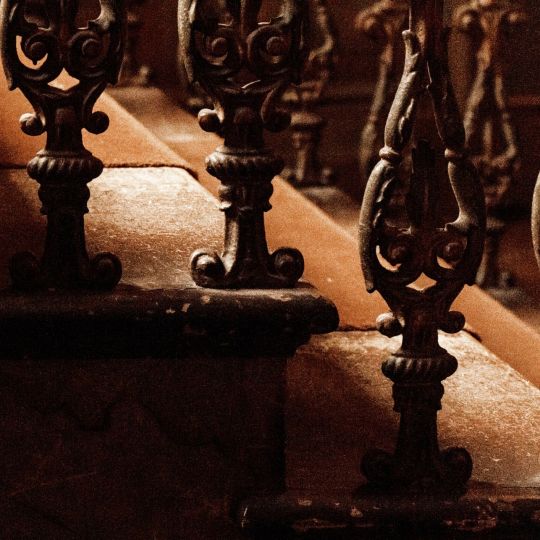
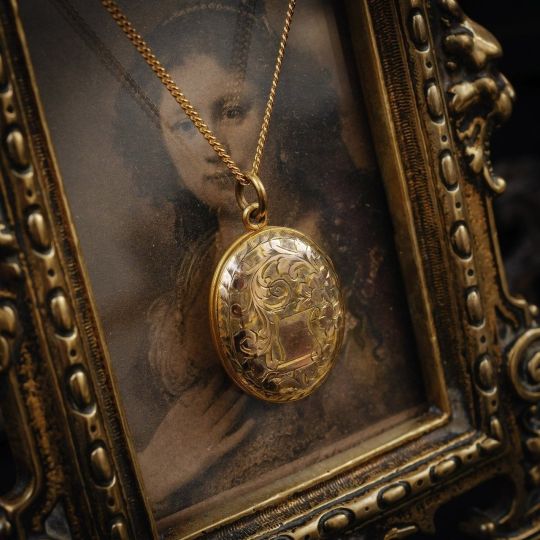
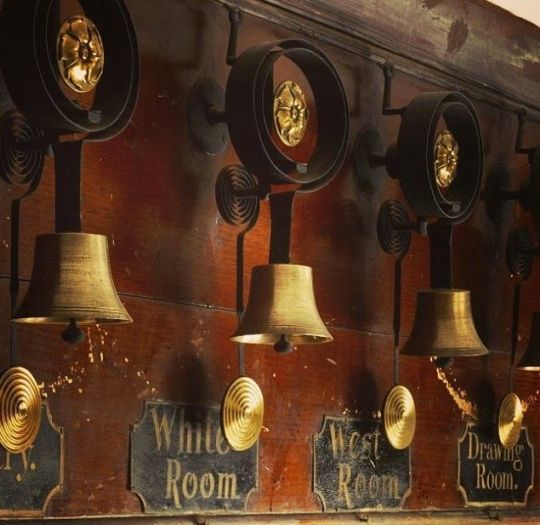

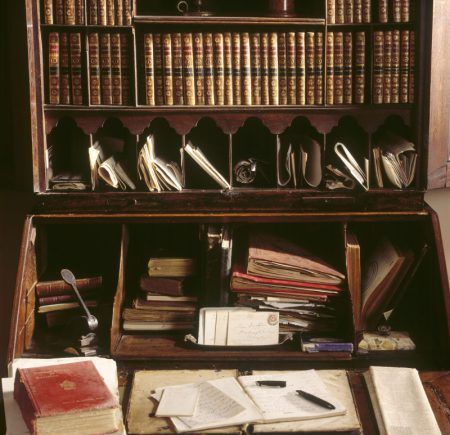
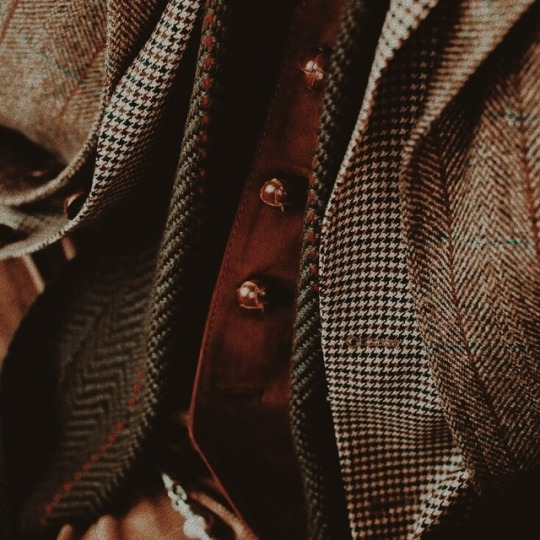


Bleak House ~ Charles Dickens
#charles dickens#bleak house#literature aesthetics#moodboard#aesthetic moodboard#literature moodboard#dark academia#dark academia aesthetic#dark academia moodboard#victorian aesthetic#victoriana#19th century literature#english lit#english literature#british literature#british lit#classic literature aesthetic#classic lit aesthetic#classic lit#classic literature#dickensian#e
284 notes
·
View notes
Text
She was trusted and valued by her father, loved and courted by all dogs, cats, children, and poor people, and slighted and neglected by everybody else.
Anne Brontë, The Tenant of Wildfell Hall
#the tenant of wildfell hall#anne brontë#1848#1840s#19th century#english literature#queue pierce my soul
140 notes
·
View notes
Text
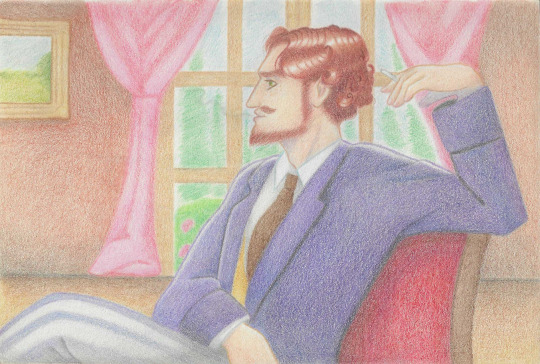
Lord Henry Wotton 🚬
#the picture of dorian gray#lord henry wotton#fanart#dorian gray#oscar wilde#traditional art#character design#tpodg#illustration#victorian era#19th century#vintage#fashion#color pencil#classic lit#classic literature#gothic#gothic literature#gothic lit art#english literature
104 notes
·
View notes
Text
Tiny pet peeve of mine is when people attribute a quote that is taken from dialogue simply to the author themselves, without indicating that a character said it, because there’s a massive difference.
Many times characters say something that directly contradicts the author’s own beliefs, and I would be rolling in my grave if anyone created the implication that I myself was the one to say some of the things I’ve written characters saying.
#‘yes he is the one who wrote that but he himself would not fucking say that’#sadie nonsense#classic lit#literature#books and reading#author#authors#bookblr#books#reading#19th century literature#classic literature#literary analysis#russian lit#french literature#english literature#classics#book quotes#quotes#literary quotes#famous quotes#media literacy
45 notes
·
View notes
Text
ATTENTION ROMANTICS, JANEITES, BYRONISTS, GEORGIANS, & OTHER 19TH CENTURY NERDS!
this website jane austen's music has resources all about the music jane austen composed by hand, like a link to this song captivity.
this website romantic-era songs has recordings of a bunch of music that was popular in the romantic era, including recordings of poetic works that were originally intended to be set to music. examples incl. lord byron's famous poems vision of belshazzar (a real banger!) & she walks in beauty (not what i expected having read it beforehand without it's music, but it was byron's own favorite to listen to). i really love this one the waters of elle by lady caroline lamb, also composed by isaac nathan. he was a famous jewish-english musician who later relocated to australia and introduced classical music there, & is thus sometimes called "the father of australian music" (apparently, according to his wiki, he was also the first person in the southern hemisphere to die in a tram incident after he got there... oddly specific factoid, but alright).
#literature#english literature#lord byron#romanticism#history#poetry#music#songs#19th century#nineteenth century#recordings#compositions#composers#isaac nathan#caroline lamb#romantic era#the romantics#the young romantics#romantics#romantic poetry#music history
100 notes
·
View notes
Text
Party Like It's 1816
Throwback to the middle of lock-down where I spent nearly a month on making a presentation about the Geneva Squad for my poor, unsuspecting friends


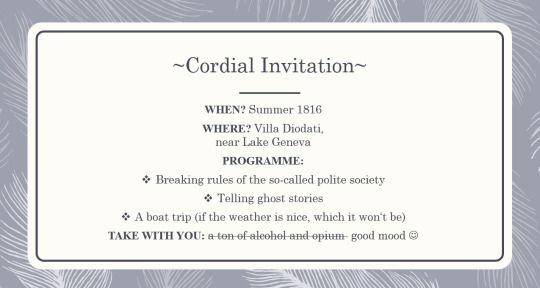
#english literature#literature#literature memes#mary shelley#lord byron#percy bysshe shelley#george gordon byron#geneva squad#john polidori#mary shelly's frankenstein#poetry#english lit#19th century#1800s#history shitposting
25 notes
·
View notes
Text
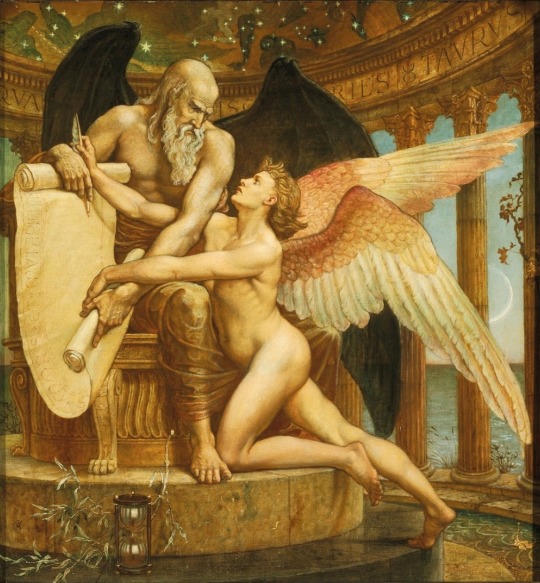
The Roll of Fate by Walter Crane, 1882.
Context: illustration from Rubaiyat of Omar Khayyam.
#classic art#painting#walter crane#english artist#19th century#pre-raphaelite#allegorical art#literature#rubaiyat of omar khayyam#fantasy#angels#nude art#men#nude man#old man#inside
25 notes
·
View notes
Quote
I do not think, sir, you have any right to command me, merely because you are older than I, or because you have seen more of the world than I have; your claim to superiority depends on the use you have made of your time and experience.
Charlotte Brontë, “Jane Eyre”
#Jane Eyre#Charlotte Brontë#Quote#Novel#Literature#Gothic#Romanticism#19th Century#English#Women in Literature
457 notes
·
View notes
Text

#short story#short stories#the cask of amontillado#edgar allan poe#19th century literature#english language literature#american literature#have you read this short fiction?#book polls#completed polls
79 notes
·
View notes
Text
I originally listed Anthony Trollope but cut him in favor of Oscar Wilde for reasons (Wilde is better, imo). So, if your favorite 19th Century English Lit author isn't listed, you can yell at me in the comments, or reblogs, or through an ask.
#jane austen#charles dickens#emily bronte#charlotte brontë#anne bronte#george eliot#thomas hardy#mary shelley#elizabeth gaskell#oscar wilde#19th century literature#english literature
136 notes
·
View notes